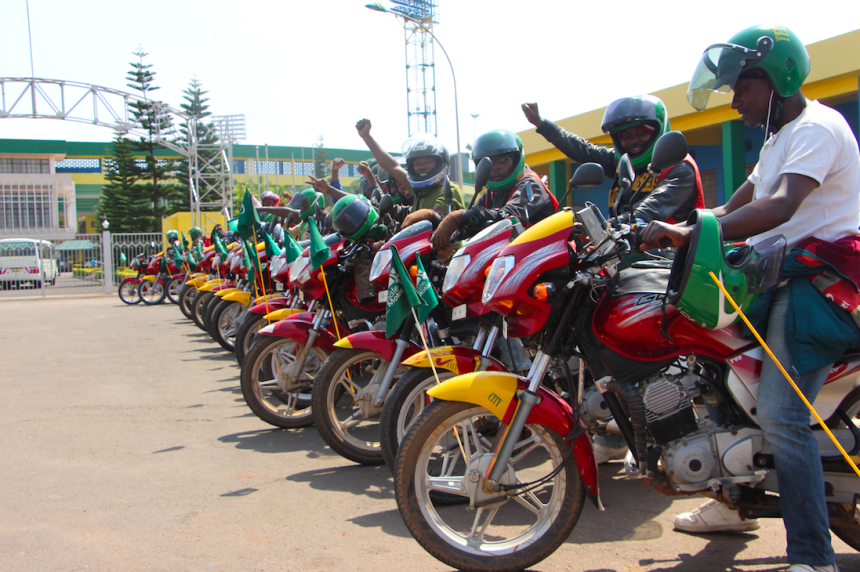
KIGALI, Jan 12 (NNN-KBC) — Rwanda’s Minister of Infrastructure, Dr. Jimmy Gasore, announced of the government’s plan to phase out non-electric motorcycles in Kigali as part of its efforts to promote environmental sustainability and clean transportation across the country.
Speaking during a parliamentary session, Dr. Gasore addressed concerns that the transition could disrupt the transport system or negatively affect motorcycle riders’ livelihoods.
He assured lawmakers that the policy would only apply to new motorcycles entering the market, ensuring that current riders would not be impacted.
The minister explained that the initiative is a response to Kigali’s high levels of air pollution, with motorcycles accounting for 50 per cent of the city’s pollution, according to official statistics.
Transitioning to electric motorcycles, he noted, represents a critical step towards improving Kigali’s environmental health.
To support the transition, the government plans to establish a network of battery exchange stations across Kigali, enabling the seamless adoption of electric motorcycles.
Dr. Gasore also highlighted the financial advantages of electric motorcycles, emphasizing their lower operational costs compared to fuel-powered ones.
Research from the Rwanda Environment Management Authority (REMA) indicates that this shift could save the country up to 9 billion Rwandan Francs annually by reducing reliance on fuel imports.
Rwanda’s journey toward cleaner transportation began in 2021 when the government partnered with the United Nations Development Programme (UNDP) to start replacing fuel-powered motorcycles with electric ones.
This initiative aims to curb carbon emissions and preserve the environment.
Currently, Rwanda has over 100,000 motorcycles, including 46,000 used for transporting people and goods. Of these, 26,000 operate in Kigali.
While electric motorcycles remain a small percentage of the total fleet, their numbers are steadily increasing.
Despite the progress, fuel-powered motorcycles still account for 20 per cent of trips in Kigali.
However, the government remains optimistic that the transition will lead to a cleaner, more sustainable transportation system for the city and beyond.
“This is not just about today’s challenges but about ensuring a healthier, more sustainable future for Rwanda,” Dr. Gasore stated. — NNN-KBC


